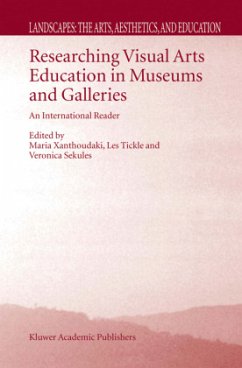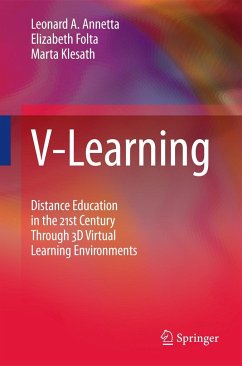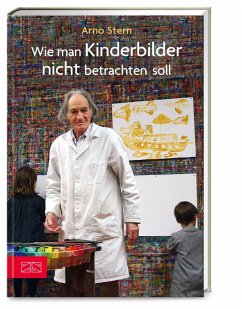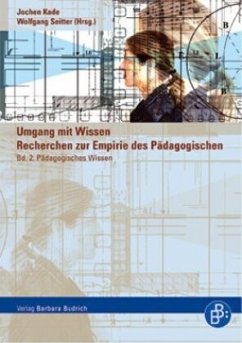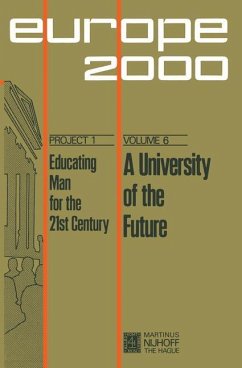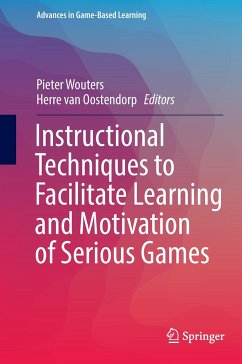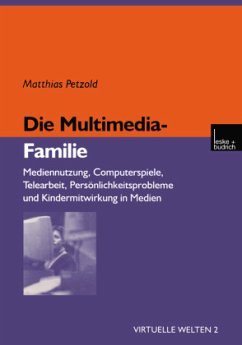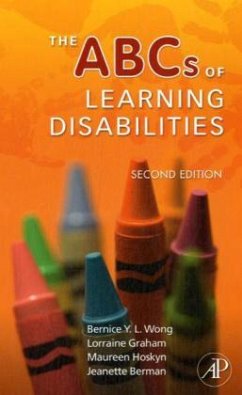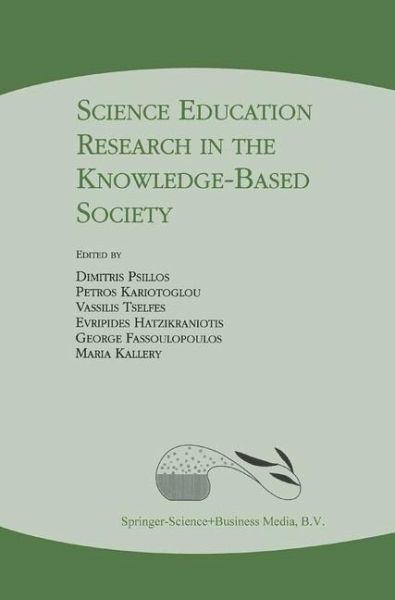
Science Education Research in the Knowledge-Based Society

PAYBACK Punkte
57 °P sammeln!
We are pleased to present the ESERA 2001 Conference book, which is based on contributions submitted and presented to the Third International Conference "Science Education Research in the Knowledge Based Society" that was organised by the Department of Primary Education of the Aristotle University of Thessaloniki and held in Thessaloniki from August 21 to August 26, 2001. The focus of the Conference was to discuss the scope, methods, outcomes and perspectives of research in science education in the context of the rapidly developing knowledge-based society. Some 450 researchers, teachers, and po...
We are pleased to present the ESERA 2001 Conference book, which is based on contributions submitted and presented to the Third International Conference "Science Education Research in the Knowledge Based Society" that was organised by the Department of Primary Education of the Aristotle University of Thessaloniki and held in Thessaloniki from August 21 to August 26, 2001. The focus of the Conference was to discuss the scope, methods, outcomes and perspectives of research in science education in the context of the rapidly developing knowledge-based society. Some 450 researchers, teachers, and postgraduate students attended the conference. They came mainly from European countries, with a substantial proportion - some 20- from countries outside Europe. While ESERA conferences reflect research carried out in Europe, they are increasingly becoming international events attracting researchers from all over the world. A total of 220 works were presented in guest lectures, symposia, posterworkshops, individual papers and poster sessions that took place during the conference along with alternative activities and informal meetings. All these of the Conference (edited by works are already published in the Proceedings D. Psillos, P. Kariotoglou, V.Tselfes, G.Bisdikian, G.Fassoulopoulos, E. Hatzikraniotis, M.Kallery).





